Terrorism in Kashmir and the Role of the Indian Army
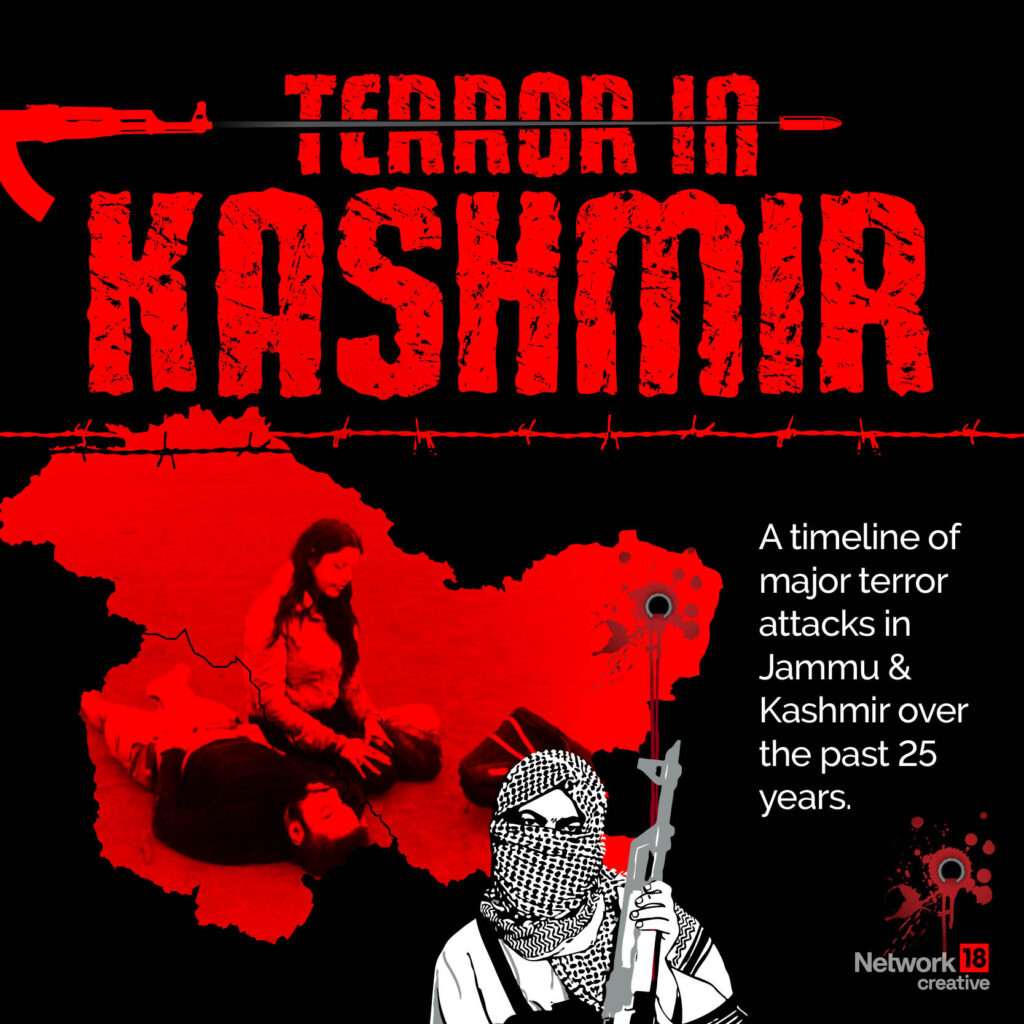
Kashmir is known for its breathtaking landscape, snow-covered mountains, and rich culture, but it is unfortunately known for decades of unrest and violence. The region has been in the heart of a complex and sensitive conflict associated with terrorism in kashmir , cross-border tension, and local population aspirations. Over the years, the Indian Army has played an important role in maintaining peace and security while dealing with terrorism in the region.
Background of conflict
The roots of the Kashmir struggle returned in 1947, when India and Pakistan became independent nations. After the royal state of Jammu and Kashmir moved to India, a regional dispute began between the two countries. This led to many wars, political upheavals, and ultimately the emergence of extremism in the late 1980s.
Initially, extremism was locally inspired by political dissatisfaction and lack of development. However, over time, it became more organised and received support from terrorist groups across the border. This gave birth to a full-scale extremism that still affects the region.
Terrorism in the valley
Terrorist activity in Jammu and Kashmir is carried out by both local and foreign terrorists. Many groups, such as Lashkar-e-Tiba (Late), Jaish-e-Mohammed (Gem), and Hizbul Mujahideen, are responsible for violent attacks on civilians, police, and army personnel. These groups often recruit weak youth by spreading false promises of radical ideology and freedom.
Terrorist attacks in Kashmir range from ambushes and grenade explosions to encounters and cross-border firing. Civil life is often interrupted by such violence, causing fear, curfews, and long-term psychological effects. The presence of cross-border-trained and supported foreign terrorists has made the situation even more complicated.
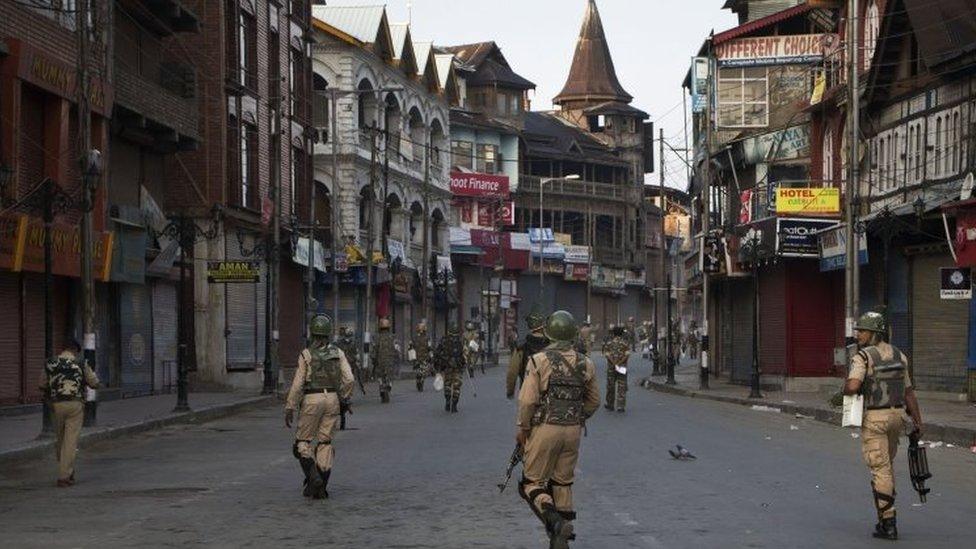
Role of the Indian Army
The Indian Army is the backbone of anti-terrorism efforts in Jammu and Kashmir. Along with thousands of soldiers deployed in the Line of Control (LOC) and the valley, the army has started several successful terrorist operations over the years to reduce terrorism in kasmir.
Specific units such as the nation rifle especially focus on counter-rebellion. These soldiers work in remote areas, conduct regular search operations, and neutralise the terrorist hideout. Their goal is not only to eliminate terrorists but also to protect citizens and maintain peace in the region.
The army also plays a major role in preventing infiltration into the LoC. With the help of modern surveillance, fencing, and patrolling, many infiltration efforts by terrorists are foiled every year. Its purpose is to prevent the entry of foreign terrorists and weapons into Indian territory.
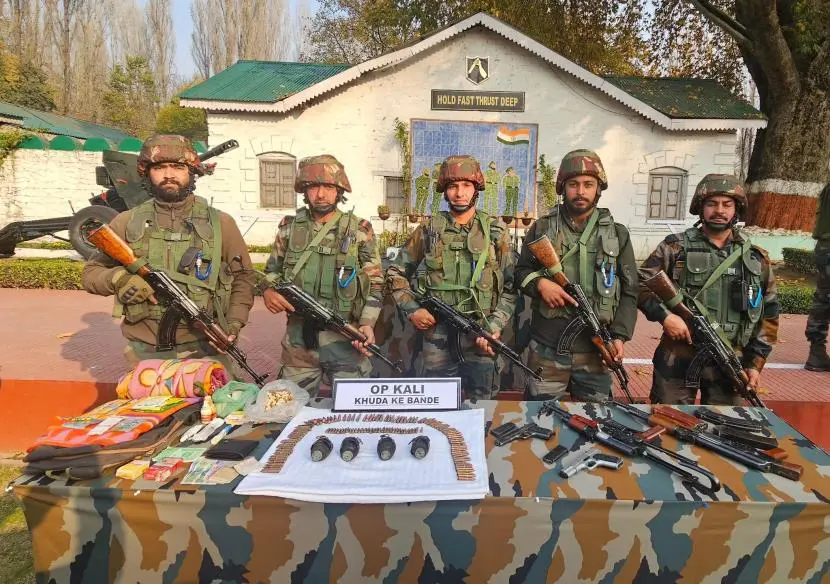
Read also – https://bhanukakkar.store/the-indian-economy-growth-and-future-prospects/
Human initiative
Beyond the war, the Indian Army is actively engaged in humanitarian work in Kashmir under Operation Sadbhavan (Goodwill). The initiative focuses on the creation of faith between the army and local people by providing support for education, healthcare, vocational training, and infrastructure. Army-run schools and medical camps have helped thousands of families in remote and conflict-affected areas who suffered Terrorism in Kasmir.
The purpose of these efforts is to remove the youth from terrorism and give them opportunities for a better future. By working with the locals, the army helps in reducing fear and rebuilding trust in the system.
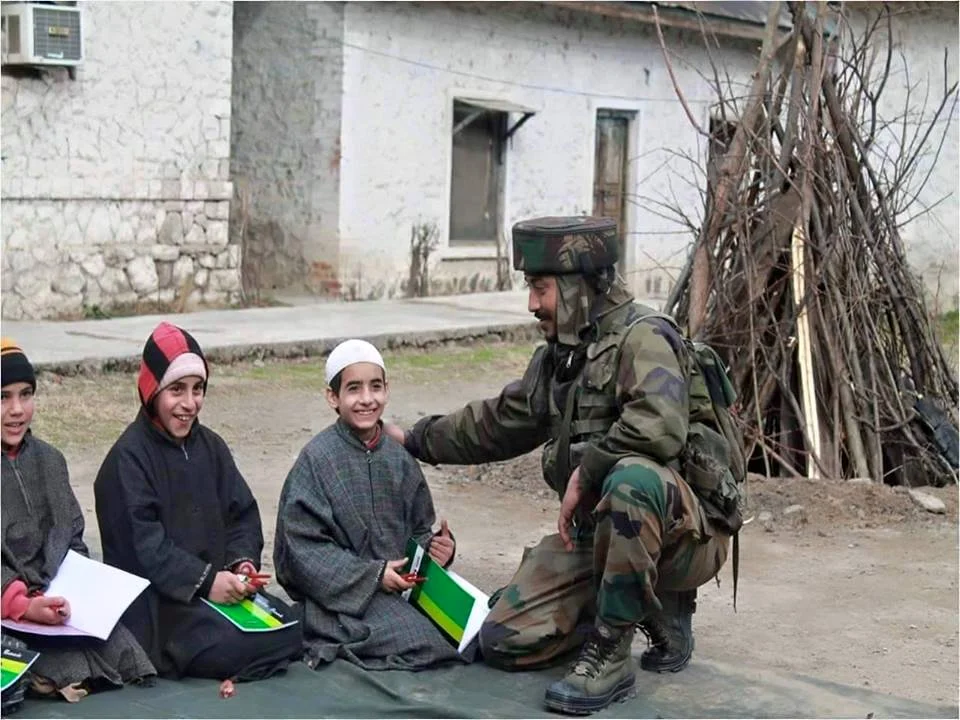
Recent change and approach
Since the cancellation of Article 370 in 2019, the Government of India has taken several steps to improve governance and development in the region. While positive changes such as increased investment and better infrastructure have taken place, terrorist groups have still tried to disrupt peace through sporadic attacks.
Despite the challenges, the Indian Army is committed to restoring the general situation in Kashmir. Every soldier posted in the valley is not only defending borders—they are fighting for the right to live in peace of normal Kashmiris.
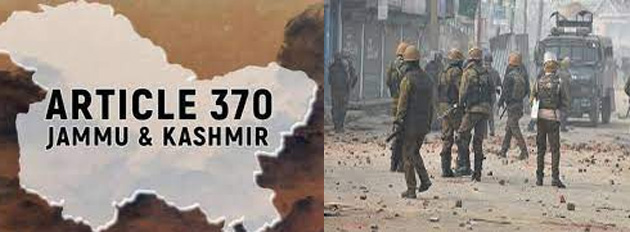
conclusion
Terrorism is a tragedy in Kashmir that affects countless lives, lasting for a long time. The bravery, discipline, and compassion of the Indian Army play an important role in opposing this violence. While military efforts are important, the long-term solution lies in dialogue and development and ensures that the voices of the people of Kashmir are heard and respected.
FAQ: Terrorism in Kashmir
1. What is the root cause of terrorism in Kashmir?
Terrorism in Kashmir stems from a combination of historical, political, and religious factors. The key issue is the territorial dispute between India and Pakistan over the region of Jammu and Kashmir, which has led to decades of conflict. Cross-border terrorism, local militancy, radicalization, and dissatisfaction among some sections of youth have also fueled the unrest.
2. Is terrorism still active in Kashmir today?
Yes, although the situation has improved in recent years due to stricter security measures and counterterrorism operations, terrorism has not been fully eliminated. Militants, often backed by foreign powers, still attempt to disrupt peace in the region.
3. Who are the major terrorist groups operating in Kashmir?
Groups like Lashkar-e-Taiba (LeT), Jaish-e-Mohammed (JeM), and Hizbul Mujahideen have been active in Kashmir. Many of these groups are believed to receive support from outside India, especially from Pakistan-based networks.
4. What steps has the Indian government taken to combat terrorism in Kashmir?
The Indian government has implemented several measures, including:
- Deployment of armed forces and special forces.
- Intelligence-based operations to neutralize terrorists.
- Banning terror outfits.
- Development programs to address youth unemployment and radicalization.
- Abrogation of Article 370 in 2019 to bring Kashmir fully under Indian constitutional framework.
5. How has the local population been affected by terrorism?
The local people have suffered greatly due to violence, curfews, disruptions to daily life, fear, and economic setbacks. Many civilians have been caught in the crossfire, and normal life has often been disturbed by ongoing conflict.


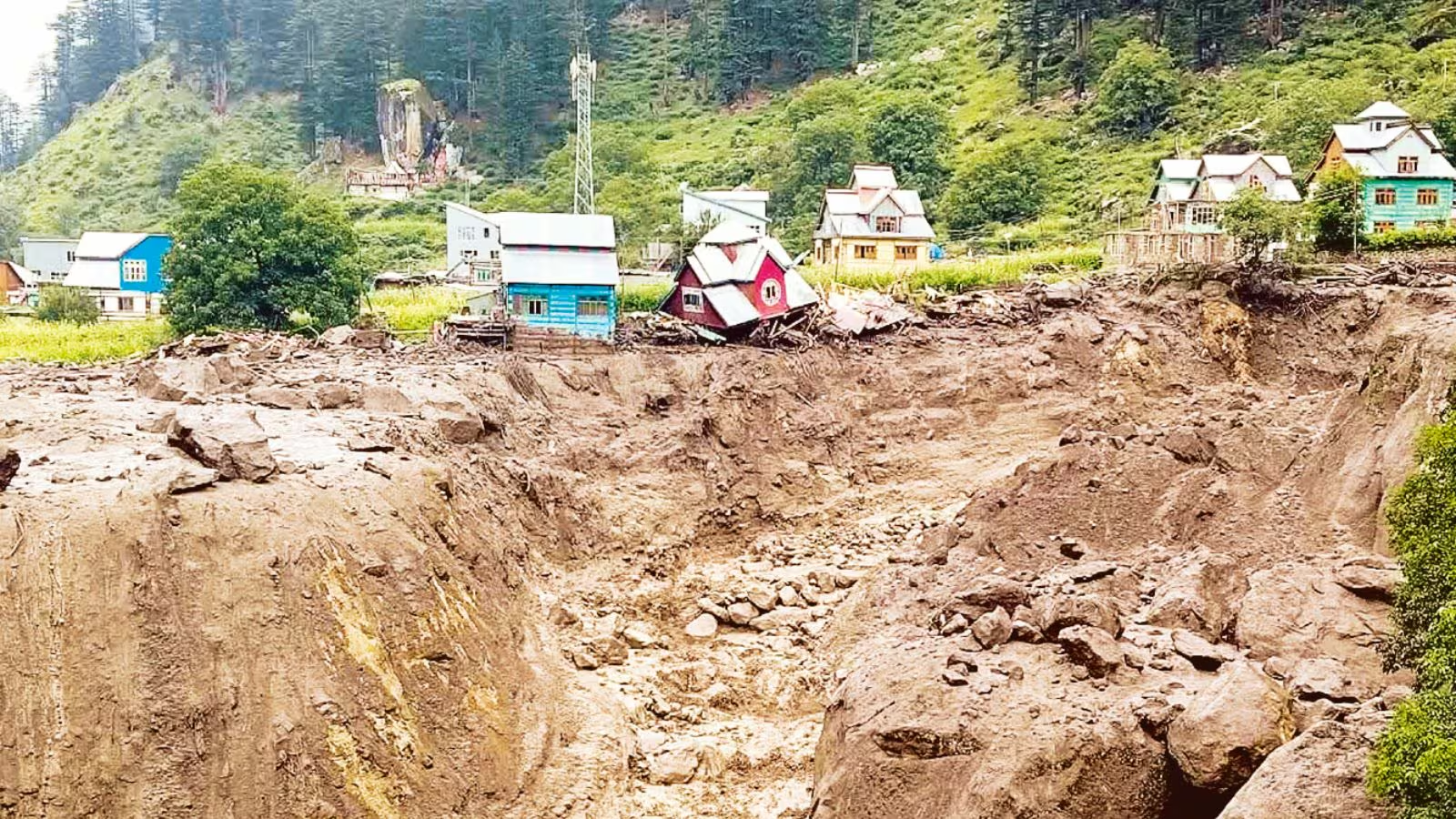
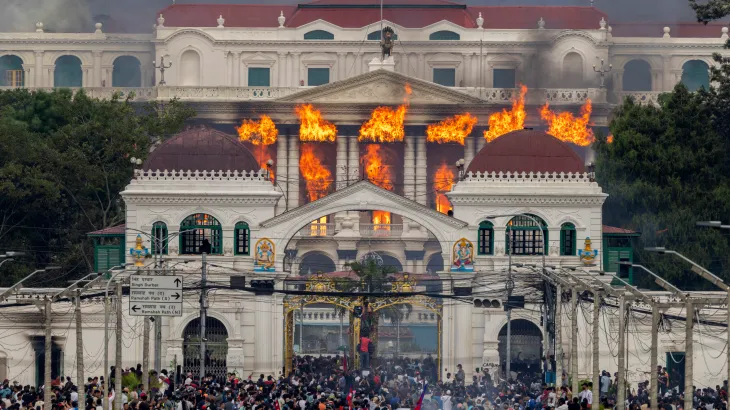

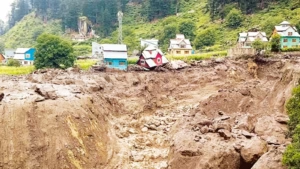
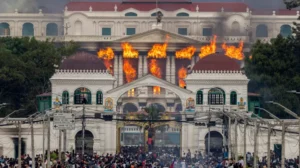
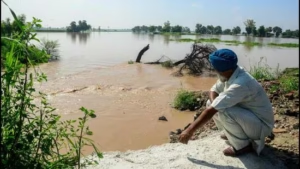
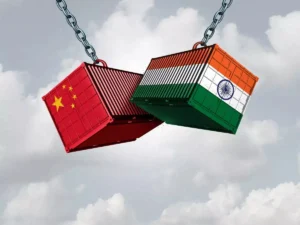
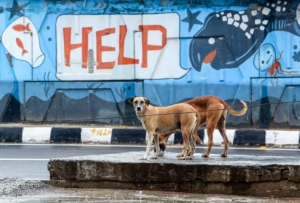

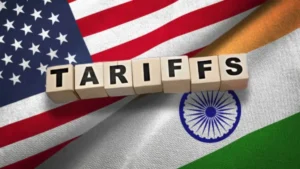
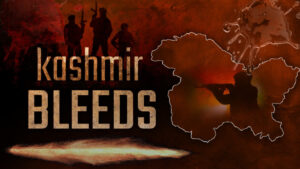

Post Comment